Tag: cultural heritages

SEA Games 31: Hanoi to host various tourism promotion activities
The Hanoi Department of Tourism has coordinated with agencies and localities in tourism promotion on the occasion of 31st Southeast Asian Games (SEA Games).
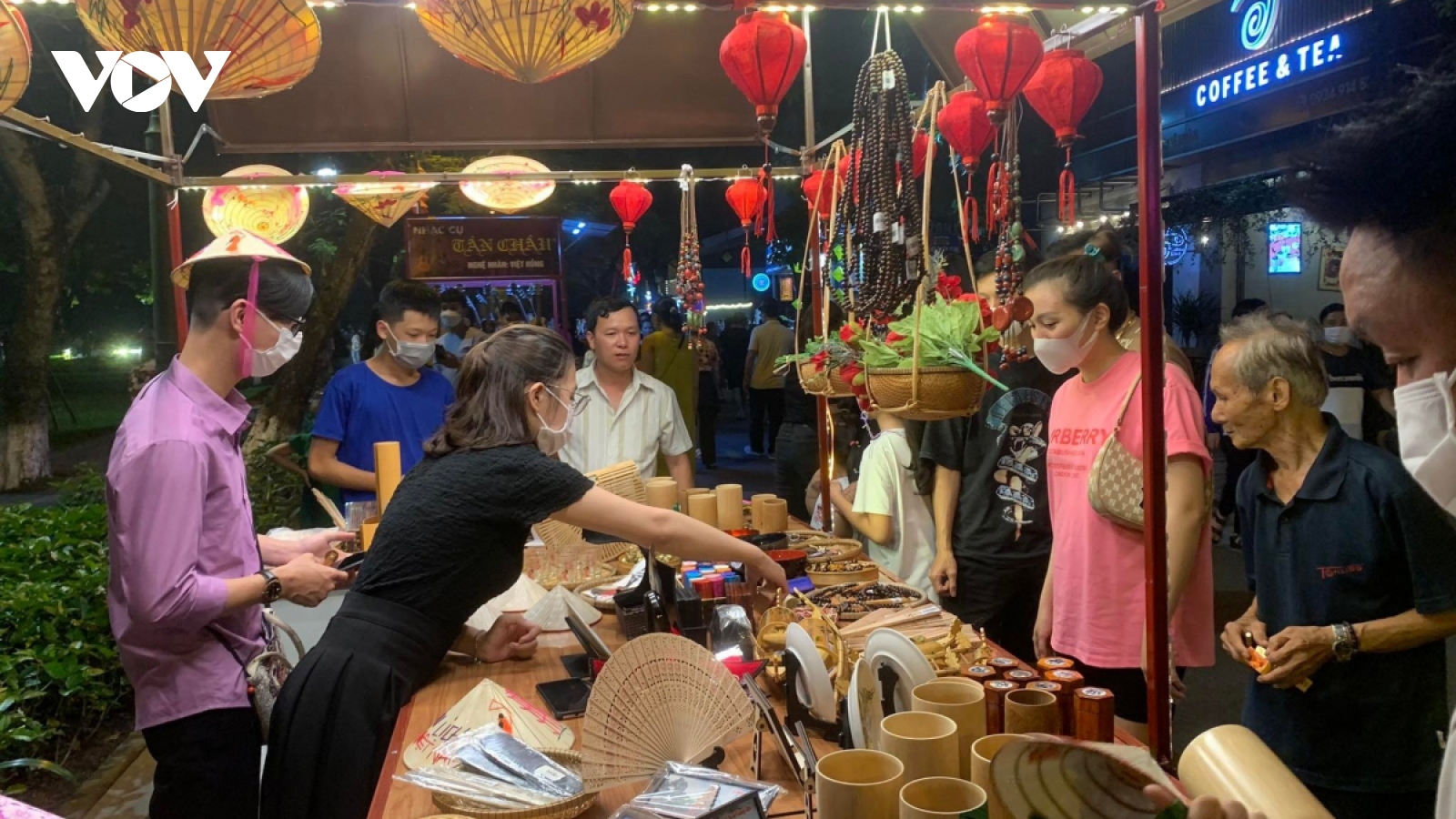
Hue Imperial Citadel opens night street zone
VOV.VN - A night street zone around Hue Imperial Citadel City, a UNESCO-recognised World Cultural Heritage, was launched on April 22 at Ngo Mon Square in the central province of Thua Thien-Hue, with crowds of excited residents and tourists descending on the location.
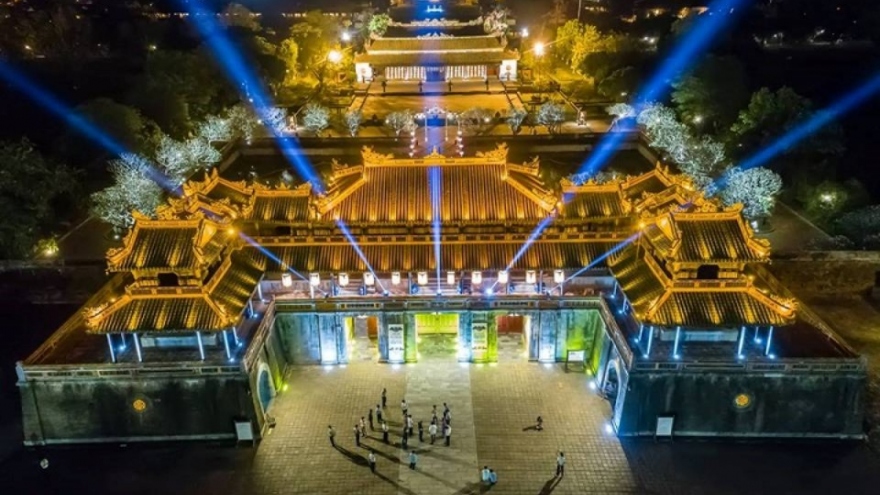
Hue Imperial Citadel to open night street zone from April 22
VOV.VN - A night street zone around Hue Imperial Citadel City, a UNESCO-recognised World Cultural Heritage, is set to be officially launched on April 22 at Ngo Mon Square, according to the Hue City People's Committee and the Hue Monuments Conservation Centre.
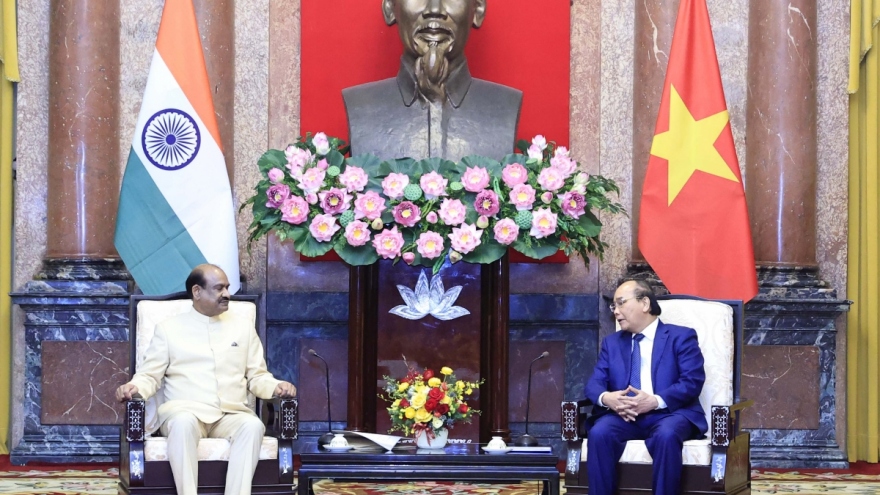
President Phuc suggests reopening Vietnam-India direct air routes soon
VOV.VN - Vietnam and India should resume direct air routes linking their major cities to promote tourism and trade, President Nguyen Xuan Phuc made the suggestion at a reception for Speaker of the Indian Lok Sabha (the lower house) Om Birla in Hanoi on April 19.
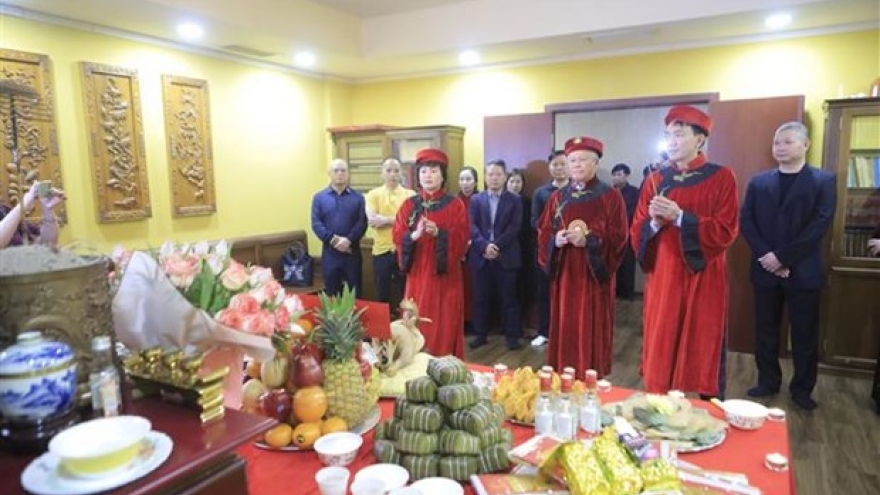
Overseas Vietnamese abroad commemorate legendary national founders
The Vietnamese communities in Russia, Thailand, the Czech Republic, Canada and Germany have held ceremonies to commemorate the death anniversary of Hung Kings - the country’s legendary founders.
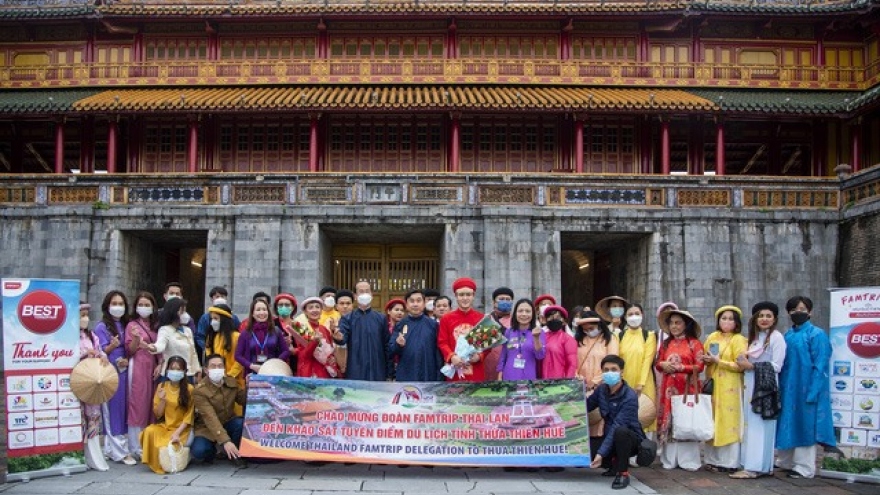
Thai travel agencies make FAM trip to Hue
VOV.VN - A delegation made up of Thai travel agencies and reporters took part in a familiarisation (FAM) trip to the central province of Thua Thien-Hue on April 4 in order to explore local tourist attractions and culture.

Phu Tho plans fireworks display to commemorate Hung Kings
High-altitude fireworks will be set off in the northern province of Phu Tho on April 9 night ( the 9th day of the third lunar month) as part of the Hung Kings Temple Festival 2022.
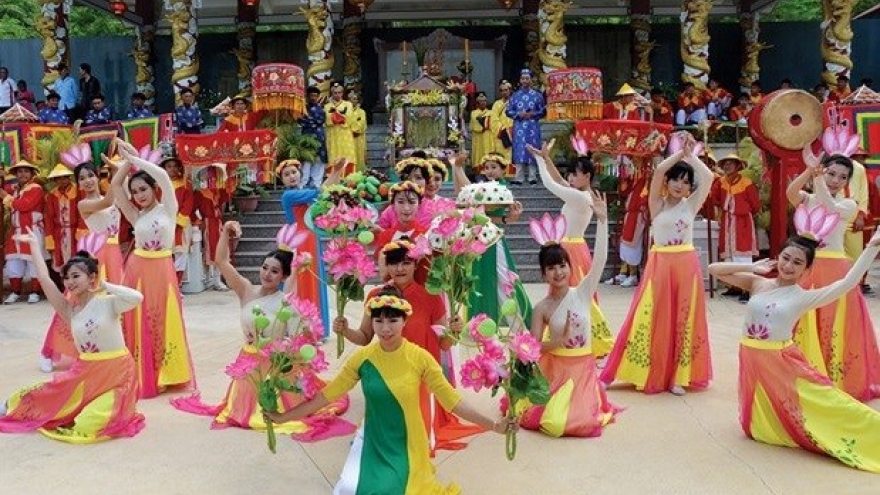
Dossier of Via Ba Chua Xu festival approved for submission to UNESCO
Deputy Prime Minister Vu Duc Dam has approved the submission of the dossier of the Via Ba Chua Xu festival in the Mekong Delta province of An Giang for UNESCO's recognition as intangible cultural heritage of humanity.
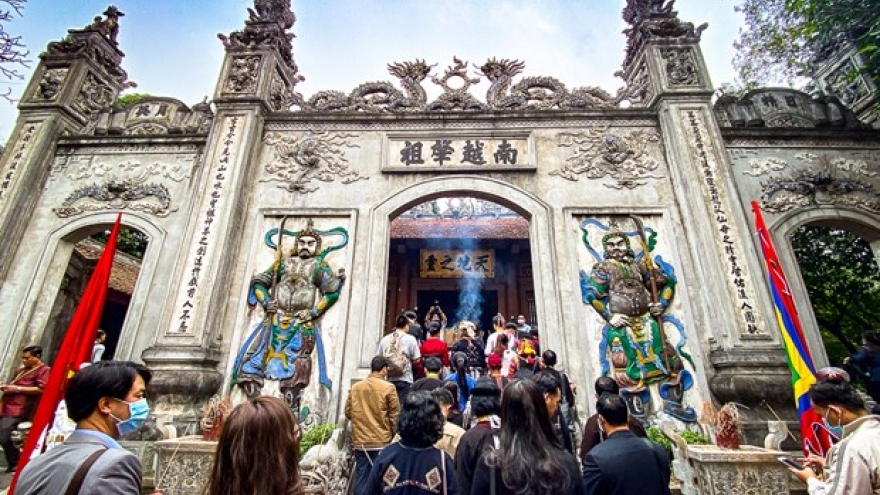
Hung Kings' death anniversary to be commemorated both at home and abroad
The death anniversary of Hung Kings – the legendary founders of the nation – will be connected online to more than 40 countries and territories on April 10 or the 10th day of the third lunar month.
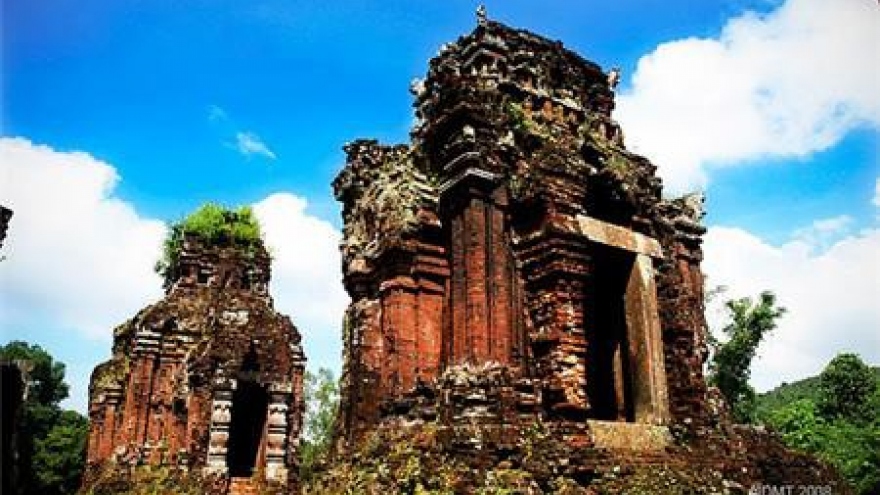
Vietnam, India post sound outcomes in renovating My Son Sanctuary
A ceremony took place at the My Son World Cultural Heritage Site in the central province of Quang Nam on March 28 to celebrate the 50th founding anniversary of the Vietnam-India diplomatic relations and review five years of the two governments’ joint work to renovate the site.
